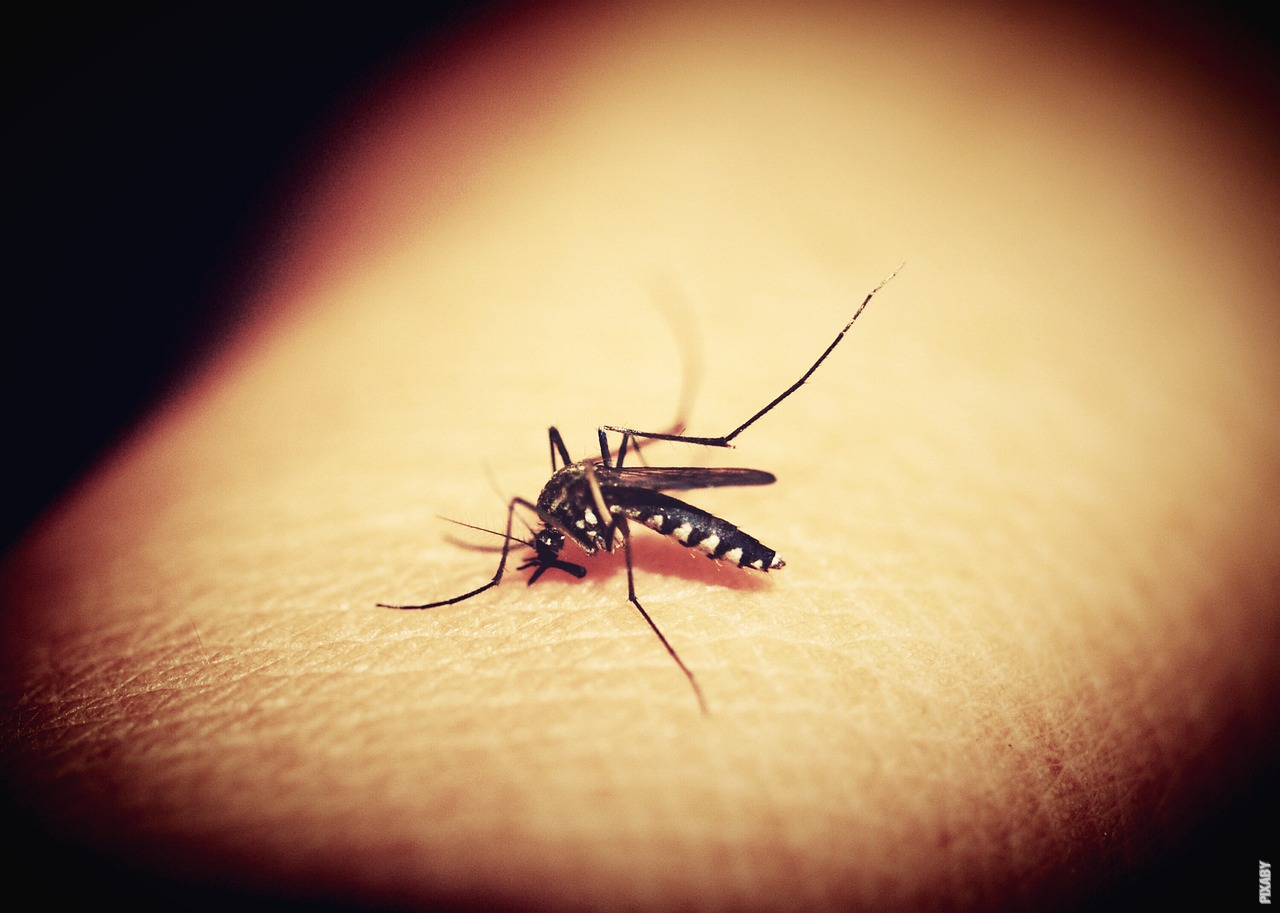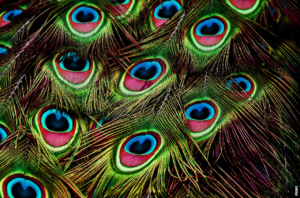The Mysterious World of Mosquitoes
Mosquitoes are tiny creatures that buzz around us, often causing annoyance and discomfort. But have you ever wondered if they do more than just irritate us? Can these pesky insects actually transmit diseases? Join us as we delve into the fascinating world of mosquitoes and their potential role in spreading illness.
The Bloodthirsty Feast
For mosquitoes, a blood meal is essential for their survival and reproduction. While most mosquito species feed on nectar, females of certain species require a blood meal to obtain the necessary proteins for egg development. Unfortunately, this is where the danger lies.
Silent Assassins: Mosquito-Borne Diseases
Mosquitoes are known to be carriers of various diseases, acting as silent assassins in the animal kingdom. Malaria, caused by the Plasmodium parasite, is perhaps the most infamous mosquito-borne disease, affecting millions of people worldwide. But malaria is just the tip of the iceberg.
The Deadly Trio
Three other notorious diseases, namely dengue fever, Zika virus, and yellow fever, are also transmitted by mosquitoes. Each of these diseases has its own unique characteristics and impacts on human health. Dengue fever, known as the ‘breakbone fever,’ causes severe flu-like symptoms and can lead to potentially life-threatening complications. Zika virus gained global attention due to its devastating effects on unborn babies, causing microcephaly and other birth defects. Yellow fever, on the other hand, is a viral hemorrhagic disease that can be fatal.
Vector of Destruction
But how do mosquitoes become carriers of these diseases? When a mosquito bites an infected human or animal, it ingests the pathogens circulating in their bloodstream. The pathogens then undergo a complex journey within the mosquito’s body, eventually reaching its salivary glands. Once the mosquito takes its next blood meal, it injects saliva into the host, along with the disease-causing pathogens.
Post
Post
Protecting Ourselves
Given the potential harm mosquitoes can cause, it is vital to protect ourselves from their bites. Using insect repellents, wearing protective clothing, and sleeping under bed nets are some of the effective ways to minimize exposure to mosquitoes. Additionally, eliminating breeding grounds, such as stagnant water sources, can significantly reduce mosquito populations.
The Fight Against Mosquitoes
Scientists and researchers are continuously exploring innovative methods to control mosquito populations and prevent the spread of diseases. From genetically modified mosquitoes to the use of biological agents, such as bacteria and fungi, many strategies are being developed to combat these disease-carrying insects.
A Fascinating Enigma
Mosquitoes, despite their tiny size, have a significant impact on our lives. As we uncover more about their behavior and the diseases they transmit, it becomes clear that these buzzing creatures are more than just irritating pests. They are a captivating enigma that reminds us of the delicate balance between humans and nature.
In conclusion, mosquitoes do indeed transmit diseases. Their ability to act as vectors for deadly pathogens poses a serious threat to human health. Understanding their biology and implementing effective control measures are crucial in combating mosquito-borne diseases and ensuring a safer future for all.



